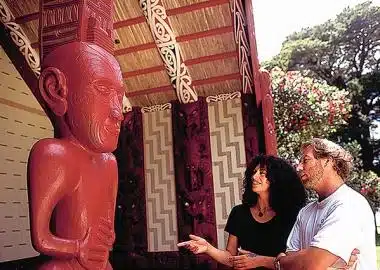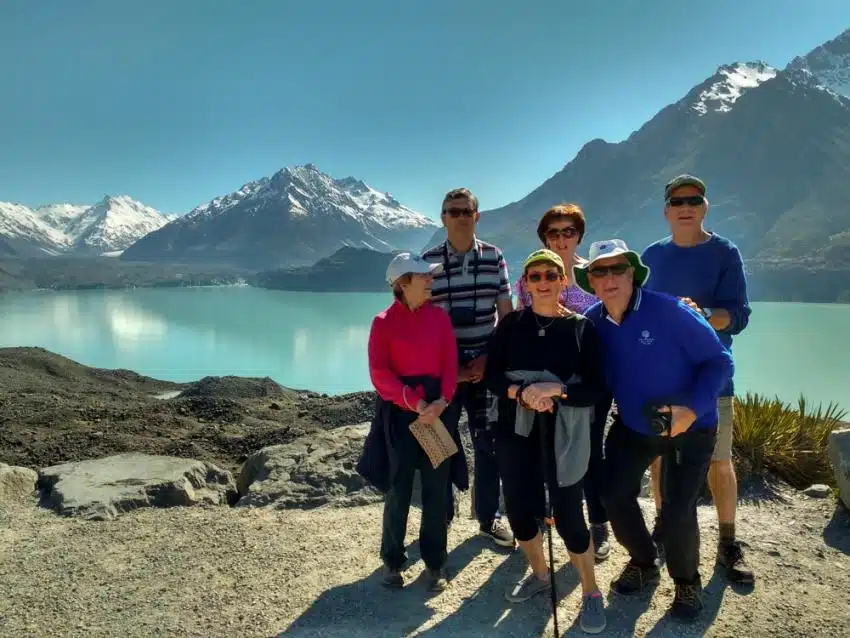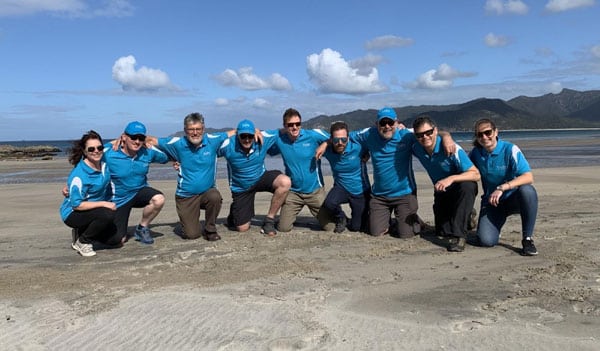From the early days, New Zealand has been a nation with a unique mix of people and nationalities. This cultural melting pot has led to us developing our own distinct way of speaking – it’s English, but not as you’ve ever heard it before. Read on to find out about the various elements that have shaped the kiwi way of speaking and learn a few of our unique phrases for yourself.
Linguists compare New Zealand English to that of Australian English and modern South African English. Because all three countries have been heavily influenced by early migrant settlers, many of the words and phrases used can be traced back to the origins of these settlers. Much of the terms used in kiwi slang can be traced back to sayings commonly used in South England, where the early New Zealand settlers originated from.
However, New Zealand English is unique in how heavily influenced it is by the words of our native Maori population. The Maori language provided the much-needed building blocks in the early days of kiwi slang – today, words of Maori origin pepper much of our language, setting New Zealand English apart from other versions of the language.
Parts of New Zealand English have arisen with no particular historical significance. Because of how young the New Zealand is, the kiwi dialect was formed a lot later than most other countries. In many cases, certain phrases were picked up in New Zealand long after they were adopted in other countries. A flurry of American settlers that arrived after the Second World War are thought to have introduced the word ‘creek’ to New Zealand English, which was interestingly adopted into the language instead of the British equivalent, ‘stream’.
Maori phrases used in New Zealand English
As noted above, many Maori words have been adopted into the way kiwis speak. You might hear ka pai after you’ve done a good job, and the word kai is commonly used instead of food. In New Zealand, we call sweet potato kumara, and tu meke means nice one! If you want to learn a few basics, you can’t go past kia ora if you just want to say hello, or ka kite for goodbye.
But what’s for tea?
Tea in New Zealand means dinner, and don’t ask for ketchup with your chips – our word for fries – ask for tomato sauce. You might have some spuds (potatoes) with your tucker (food) along with a few snarlers or bangers – our words for sausages. Don’t forget a slice of pavlova for dessert – it’s New Zealand’s most famous pudding, a meringue covered in cream and fruit that’s named after the Russian ballerina Anna Pavlova.
When you arrive in New Zealand, everyone’s likely to call you mate – even if you’re a stranger. It’s a term of endearment; don’t be offended. Here at MoaTrek, we offer small group tours in New Zealand – we’re a family owned kiwi business, and we’ll help you come to grips with the New Zealand lingo when you travel with us. We’d love to say G’day and have a chat to find out how we can help. Contact us now or take a look at our tours here.




